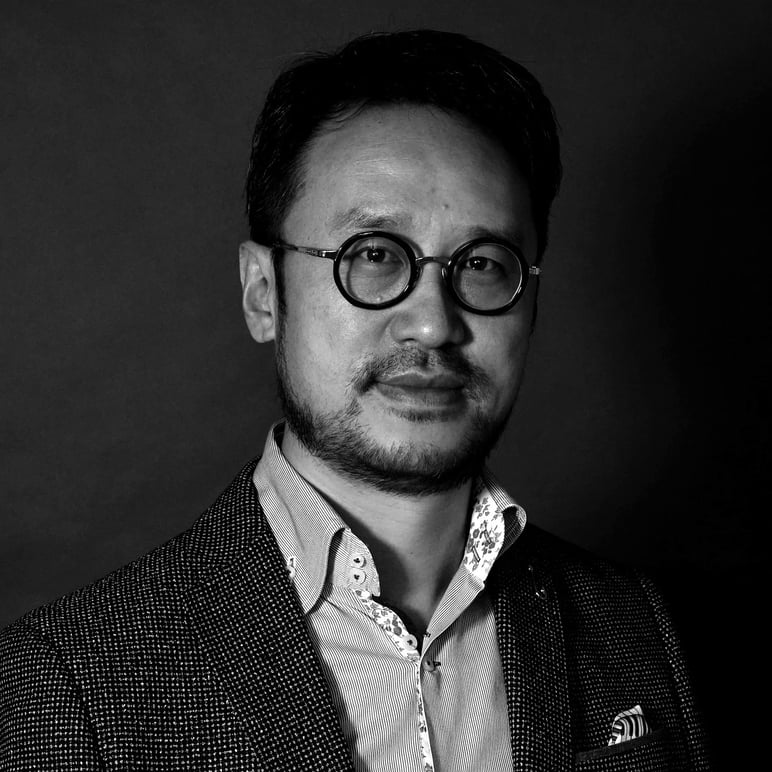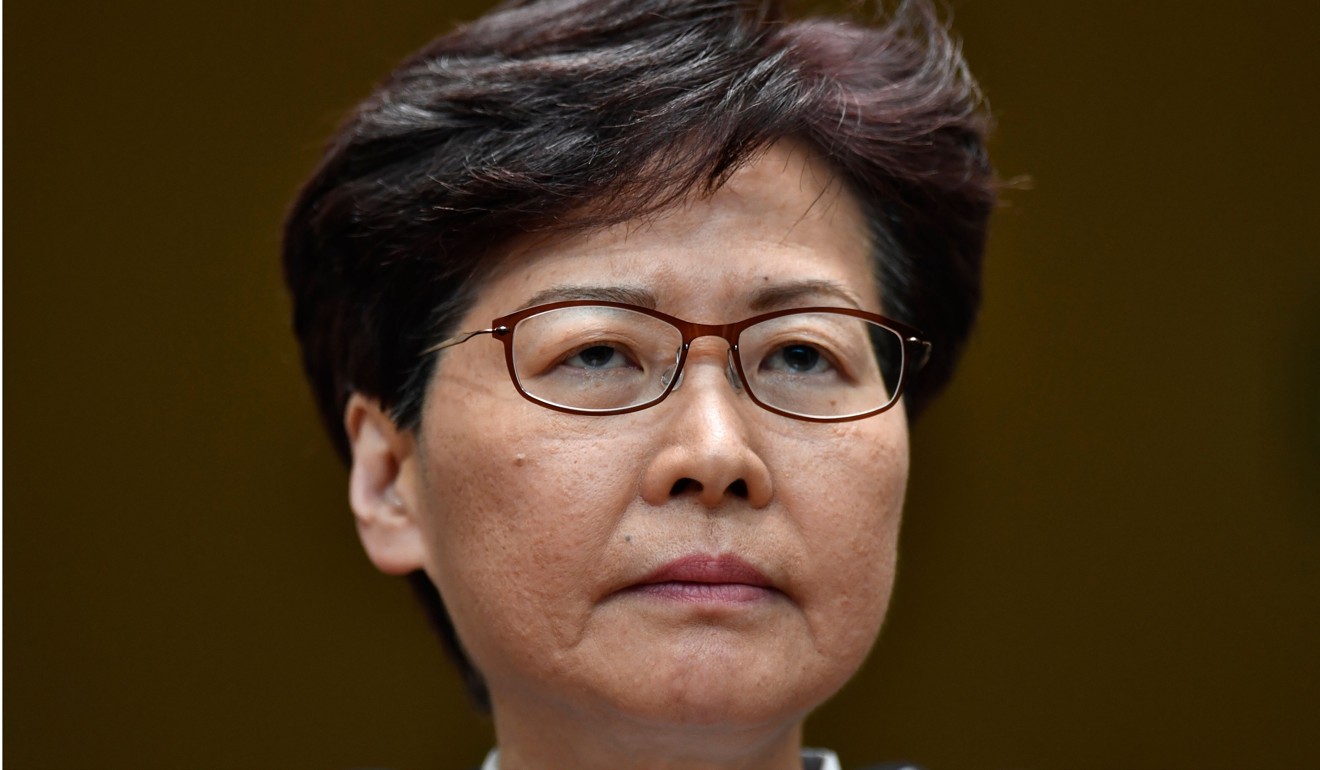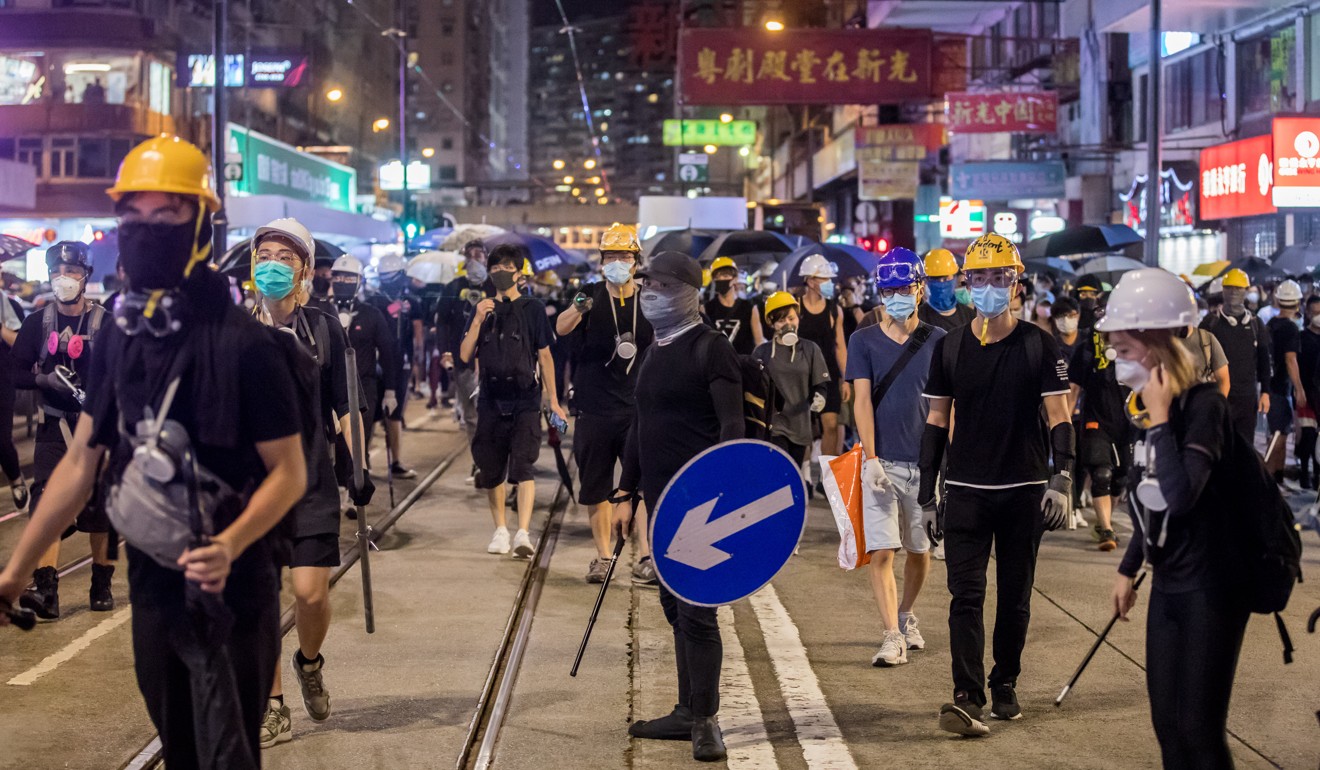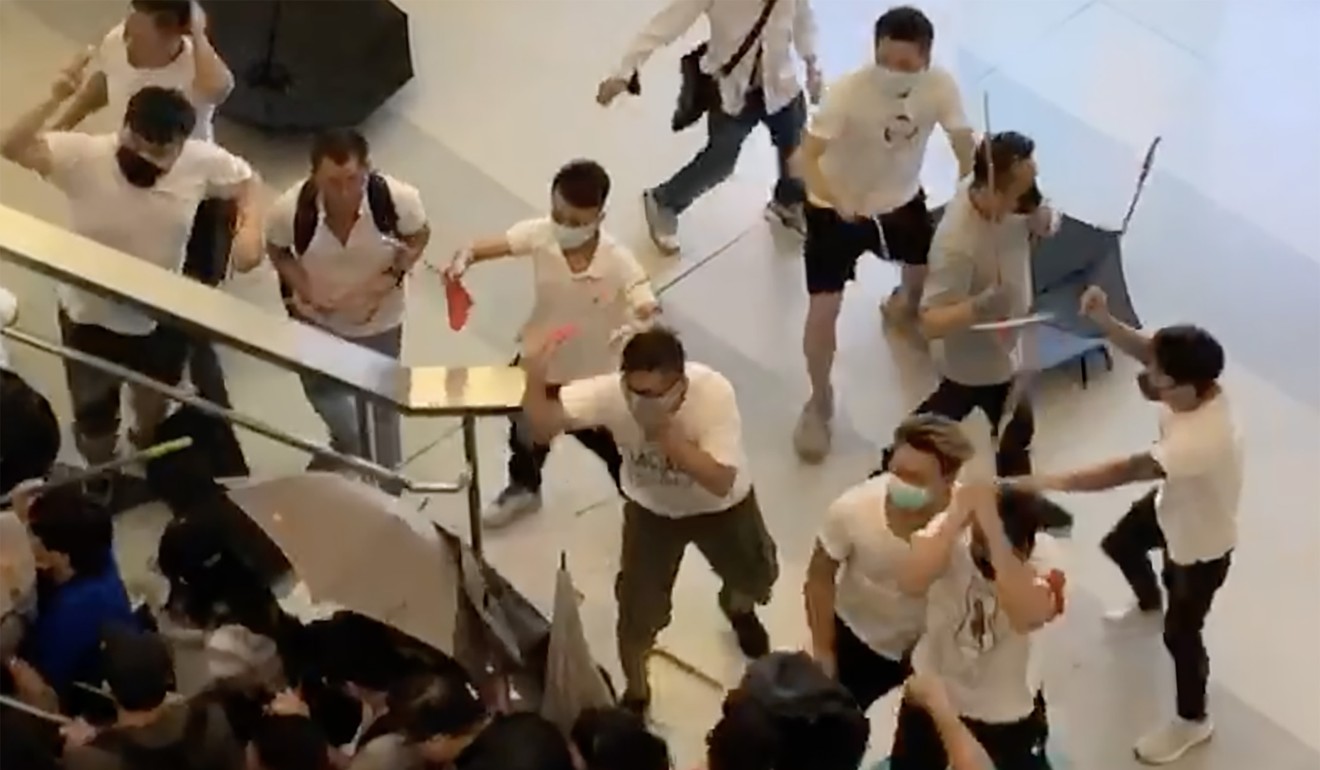
Here is where the next revolution may take place in Hong Kong
- Locking up troublemakers and throwing away the key would only breed revolutionaries
- Political reform that gives our young a sense of ownership must be part of the solution
I have no idea when and how this festering unrest in Hong Kong is going to end, but I do have an ominous inkling of where the next bout might begin.
Harsh truths for Hong Kong: protests will not achieve anything
All the mess is left to the city’s police, who have to bear the brunt of public anger. Once considered the pride of Hong Kong and the finest in Asia, the force is now a public enemy in the eyes of many. Trained and equipped to tackle law and order problems, they are now being used to resolve what is essentially a political crisis. Given growing public criticism of the police’s handling of the protests, the odds are stacked against them for a job many believe to be a fool’s errand.

There is no hope for compromise. Lam, after vanishing from public view for two weeks, called a press conference on Monday. She was not there to make a peace offer. Instead, the Hong Kong chief executive warned that the nature of the protests had changed: it was no longer a popular movement against her government or the now-abandoned bill, but a challenge to the principle of “one country, two systems” and national sovereignty.
A day later, Beijing had its own press conference and backed Lam in unequivocal terms.
Once the movement is characterised as an attempt to undermine national unity, the gloves are off.
Beijing would prefer Hong Kong to sort the matter out by itself, but has made it crystal-clear it will not hesitate to send in the troops if necessary. With the majority of the mainland’s public backing the central government on a harder stance against Hong Kong, protesters stand no chance. The only uncertainty is exactly how ugly this whole affair may end.
OUT OF THE FRYING PAN
Let’s assume everything happens according to Beijing’s plan: the protesters run out of steam and lose public sympathy. Hong Kong police quickly nip the unrest in its bud without ever troubling the military. Ringleaders and the worst offenders are rounded up and put away.
Even if things go this way, it will be something of a pyrrhic victory for the government. Out of the frying pan, we will head directly into the fire.
So far, more than 500 people – mostly youngsters – have been arrested by police. By the time this ends, hundreds more will be locked up.
What follows will be an acrimonious and costly legal battle that further divides a polarised society and stretches our judicial system to a breaking point.
Already facing a dire shortage of judges, the courtrooms will be totally overrun. Even now, before the first case has been heard, public views are divided. Forget the principles of fair trial and respect for the court, relentless pressure will be put on judges and juries from both sides.
Judges, taking over the thankless job from the police, will be cursed and screamed at for every sentence they pass.
Hong Kong, mainland students in conflict at New Zealand university
Let’s say our judges – among the finest in the world – grind their teeth and ride out the storm. And let’s assume government prosecutors have all the luck and win every case. So what? Things are only going to get worse from there.
In the past, Hong Kong’s prisons and corrective services have seldom needed to handle inmates who broke the law out of political motivation. Now all of a sudden they will have to take in hundreds of them.
Any student of history will tell you there is no better place than a prison to breed a revolution.
One thing that separates a messy rebellion from a real revolution is that the latter tends to be much more organised, with clearly formed strategies and goals, and driven by a radicalised ideology and conviction.
There is no better place to foster that kind of brotherhood than having them in an enclosed environment and with a shared sense of injustice.

From Joseph Stalin to Abu Musab al-Zarqawi, some of the world’s most infamous revolutionaries and radical thinkers cut their teeth in jail. Let’s pray there won’t be another one among our angry youth.
Don’t get me wrong: I’m not calling for an amnesty. That idea itself is on a very weak legal footing and will open a new can of worms. For one thing, how can you selectively pardon some but not others? And if it is a blanket amnesty, what do you do with those gangsters who attacked innocent citizens in Yuen Long? Setting them free would be unacceptable to the public.

But I do know that locking up the troublemakers and throwing away the key cannot be the final answer. Justice needs to be served. But we also need to change our system to tackle the fundamental issues.
It is wrong to solve a political problem with the force of law and order, and it will be tragic if we just leave the aftermath to our prisons.
The present crisis requires a political solution. Beijing and the Hong Kong government have talked about deep-rooted social and economic issues as the source of this unrest. That’s correct, but it is not the whole problem. Political reform must be part of the remedy.
Facing our young people is an “ownership crisis”. They feel they have little ownership in almost every aspect of their lives. From owning a piece of physical space, to opportunities to move up the social ladder, to having a say in how their city is run and governed, they just feel hopeless.
Hong Kong needn’t fear the PLA, even if it is a US-China battleground
Giving them hope and empowering them in a way that they truly see themselves as “the master of the house” can prevent them from radicalisation.
Hong Kong needs to have genuine debates, based on well-established facts, on how to move things forward. A credible body – call it whatever you want – that can carry out this fact-finding mission is important. It will refocus people’s minds and start the slow process of rebuilding consensus.
Addressing the underlying issues – particularly housing – will require bold steps from the government and support from all segments of society. This will require us to change our current political structure and strengthen the mandate of our government, making it more inclusive, representative and with a fairer distribution of social resources.
Beijing has hinted it will be open to ideas and suggestions once the chaos in Hong Kong ends. We can only hope they have the wisdom and will to tackle these issues once normality returns to our city. ■
Chow Chung-yan is executive editor of the South China Morning Post











